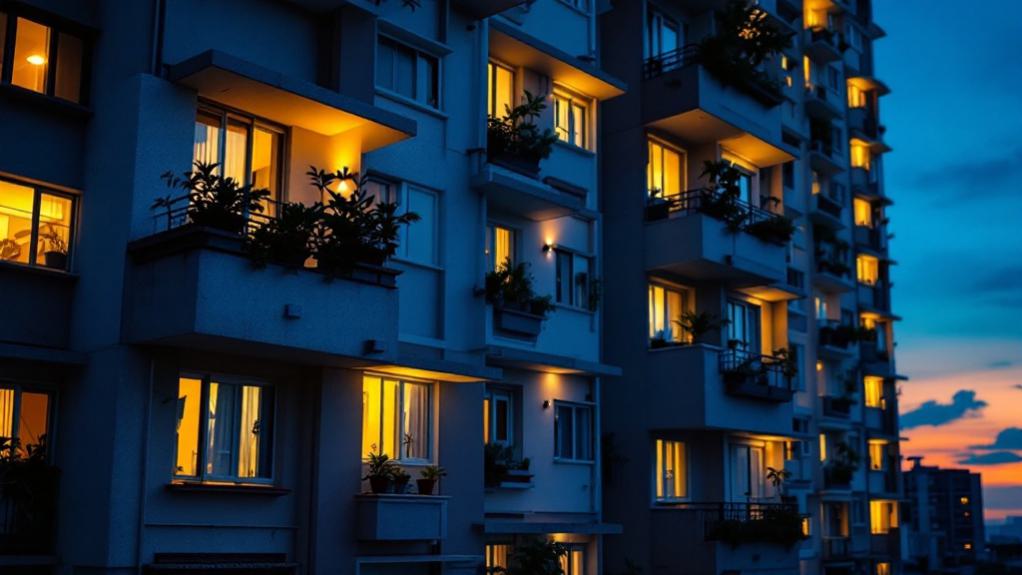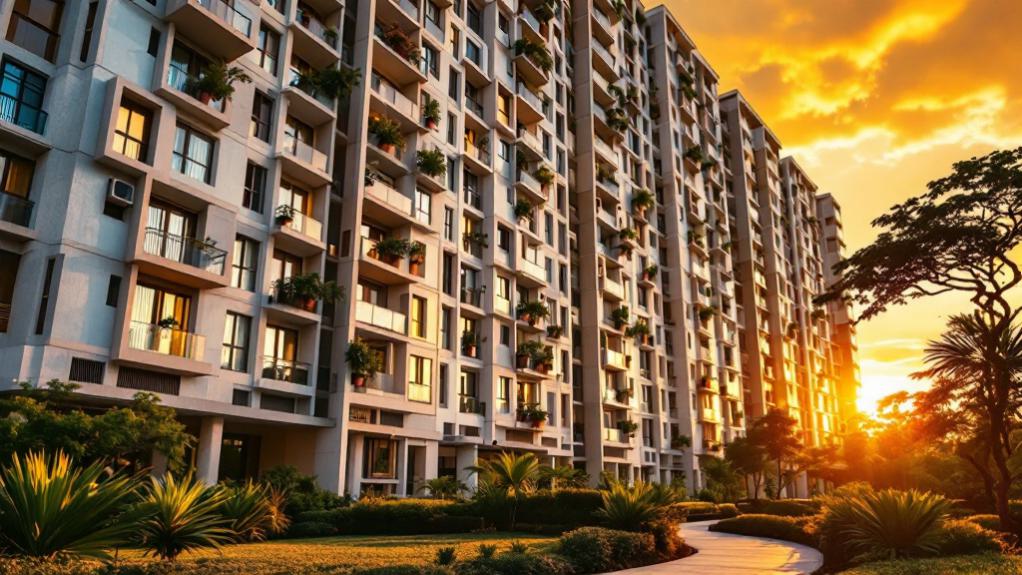Singapore’s Minimum Occupation Period (MOP) represents a mandatory timeframe during which HDB flat owners must physically occupy their units before selling. Standard BTO and resale flats require five years, while Prime Location Housing necessitates ten years from key collection. During MOP, owners face restrictions including prohibitions on entire flat rental, ownership of private residential property, and resale transactions. Exceptions exist for specific circumstances such as SERS participants and divorce cases. The policy framework safeguards public housing from speculation while ensuring genuine residential utilization for eligible Singaporeans.

The Minimum Occupation Period (MOP) forms the cornerstone of Singapore’s public housing regulatory framework, establishing a mandatory timeframe during which homeowners must physically occupy their Housing and Development Board (HDB) flats before gaining full ownership rights. Typically set at five years from the date of key collection, this policy serves multiple strategic functions within the nation’s housing ecosystem, primarily preventing speculation and flipping of subsidized public housing while ensuring flats are utilized for genuine residential purposes rather than investment vehicles.
Singapore’s MOP system establishes mandatory occupation periods before homeowners gain full property rights, safeguarding public housing from speculation and ensuring residential utilization.
Different flat categories carry distinct MOP requirements, reflecting the government’s calibrated approach to housing regulation. Standard Build-To-Order (BTO) flats and resale flats, regardless of grant utilization, maintain the standard five-year occupation requirement. However, Prime Location Public Housing (PLH) units face extended MOPs of ten years, while Executive Condominiums (ECs) necessitate five years of occupation. The most stringent requirements apply to the Fresh Start Housing Scheme, which mandates a twenty-year occupation period.
During the MOP, homeowners face significant restrictions on their property rights, including prohibitions against selling on the open market, renting out the entire unit, acquiring private residential property, or applying for another BTO flat. These limitations, while potentially constraining for homeowners, function as safeguards against market speculation and maintain the integrity of Singapore’s public housing system. One-room flats purchased without using the CPF Housing Grant are exempt from MOP requirements, providing more flexibility to these homeowners. Homeowners are permitted to rent individual rooms during the MOP period as long as they maintain primary residency in one of the rooms themselves.
Several exceptions exist for special circumstances, including Selective En bloc Redevelopment Scheme (SERS) participants, divorce cases, bankruptcy situations, and overseas work or study arrangements. Significantly, periods of non-occupation are not counted toward fulfilling MOP requirements, potentially extending the timeline before owners gain full property rights.
HDB provides digital verification mechanisms through the My HDBPage portal, where homeowners can review their MOP status and completion dates via Singpass authentication. Upon MOP fulfillment, owners gain expanded property rights, including the ability to sell on the open market, rent out their entire flat, purchase private property, or apply for new BTO flats.
Violations of MOP regulations may trigger severe consequences, including financial penalties, compulsory acquisition proceedings, and future ineligibility for HDB subsidies.
Frequently Asked Questions
Can HDB Owners Rent Out Their Spare Bedrooms During MOP?
Singapore Citizens who own HDB flats are permitted to rent out spare bedrooms during the Minimum Occupation Period (MOP), provided they continue to occupy the flat themselves.
At least one bedroom must be retained for the owner’s use, and prior HDB approval is required.
Permanent Residents, however, are not allowed this privilege during MOP.
All rentals must adhere to HDB’s regulatory framework, including minimum six-month tenancy periods and occupancy limits.
What Happens to the MOP if an Owner Passes Away?
When an owner passes away during the Minimum Occupation Period (MOP), the policy continues for surviving owner(s), with the deceased’s share transferred accordingly.
Surviving spouses may retain the flat if eligibility criteria are met, while single-owner cases allow inheritance by eligible family members.
Non-citizen surviving ownerssreceive a one-year grace period to sell or transfer the property.
All retention cases require at least one Singapore citizen or permanent resident owner while maintaining family nucleus requirements.
Does Divorce Affect the MOP Calculation for Either Spouse?
Divorce itself does not reset or suspend the MOP calculation for HDB flats.
The statutory occupation period continues uninterrupted if one spouse maintains ownership of the property, and transferring ownership between spouses during divorce proceedings does not affect the established MOP timeline.
However, HDB may consider appeals for early flat disposal before MOP completion in divorce cases, evaluating such requests on a case-by-case basis with supporting documentation.
Can I Use CPF to Pay for My Second HDB After MOP?
Yes, CPF funds can be utilized for the purchase of a second HDB flat after fulfilling the Minimum Occupation Period of the first property, subject to several regulatory constraints.
The utilization is contingent upon meeting the Basic Retirement Sum requirement, adherence to Valuation and Withdrawal Limits, and consideration of lease duration.
The CPF usage will be pro-rated if the remaining lease doesn’t cover the owner until age 95, with total funding subject to property-specific caps.
Are There MOP Exemptions for Overseas Work or Education Assignments?
HDB offers exemptions to MOP requirements for specific overseas circumstances, with both work and education assignments qualifying under stringent conditions.
For overseas employment, residents may apply for extensions up to six years with proper documentation, while educational pursuits permit extensions up to four years.
Both exemption categories require HDB approval, mandate flat occupation before departure, extend the MOP period accordingly, and allow rental opportunities during the approved absence.





